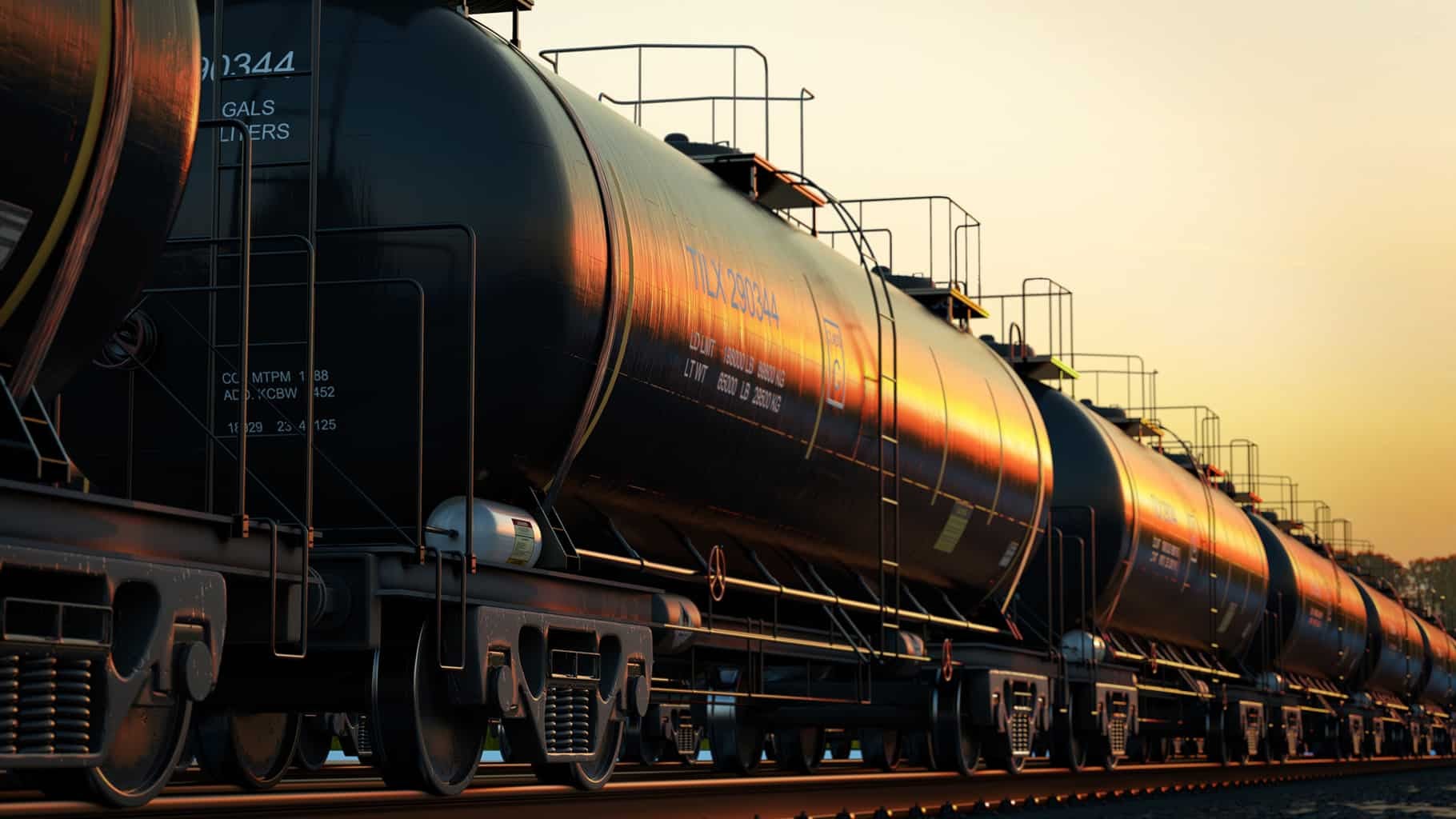As state leaders in the Pacific Northwest grapple with how to respond to crude oil exports shipped via rail from the interior U.S., politicians at the federal level also are looking into the issue.
U.S. Senator Ron Wyden (D-Oregon) introduced a bill last week that would require freight railroads to notify local emergency responders when a train carrying crude oil is passing through their communities. Specifically, the Crude Oil Advanced Tracking Act would require that railroads share their manifest information, including how many gallons of Class 3 flammable liquid they are carrying, with local emergency responders in every community through which they travel.
The bill also would allocate $15 million in grant money for local communities to develop and implement training and emergency programs that address responses to high-hazard rail shipments and provide $25 million in financial assistance to local projects that address risk reduction in the face of ongoing crude-by-rail shipments.
The proposed legislation would require the Office of Railroad Safety within the Federal Railroad Administration to produce an annual report that lists the total volume of Class 3 flammable liquids travelling through each state, the number of rail spills and releases involving Class 3 flammable liquids occuring in each state and the top 10 commodities by volume that are transported via rail through each state.
Railroads also would need to report that they have enough insurance or funding to clean up an oil spill.
“There needs to be safeguards in place and local communities should be empowered against the threat of oil train derailments, ensuring that if tragedy strikes that emergency services can quickly respond and save lives,” Wyden said on August 1.
The Association of American Railroads (AAR) told FreightWaves that communication between the railroads and local and state leaders is an ongoing practice. The freight rail industry also developed a mobile app in 2014 that provides first responders with access to data about railcar contents so that responders can plan a response.
“For years, railroads have been informing state and local officials about rail shipments through communities as part of the industry’s commitment to preparedness and training,” AAR said. “Railroads’ emergency response plans focus on the safety and security of communities, environmental remediation, cleanup and investigation. There are plans in place for responding to any type of incident across the entire rail network that are specifically tailored to the location and constantly updated.”
Wyden’s bill comes amid mixed support in the Pacific Northwest over crude by rail. Some leaders in local communities and states that have routes where crude oil trains travel are concerned about potential rail accidents. In 2016 in Mosier, Oregon, a train derailed, spilling 42,000 gallons of crude oil and causing a fire. Others are fearful of the prospects for a fatal accident similar to the July 2013 incident in Lac Megantic, Quebec, in which a crude train derailed, causing more than 40 deaths and massive explosions downtown.
Meanwhile, some environmentalists in the Pacific Northwest also have lobbied against the export of fossil fuels through ports there.
But others in the region are arguing that efforts to define rail shipments of crude in the Pacific Northwest are violations of the Interstate Commerce Clause. North Dakota state leaders have sought the federal government’s help in addressing a new Washington state law that places restrictions on the kind of crude that can be shipped via rail. North Dakota lawmakers say the law restricts companies from shipping increased volumes of Bakken crude.
Washington state has responded by saying it will work on resolving this issue in the U.S. court system.











